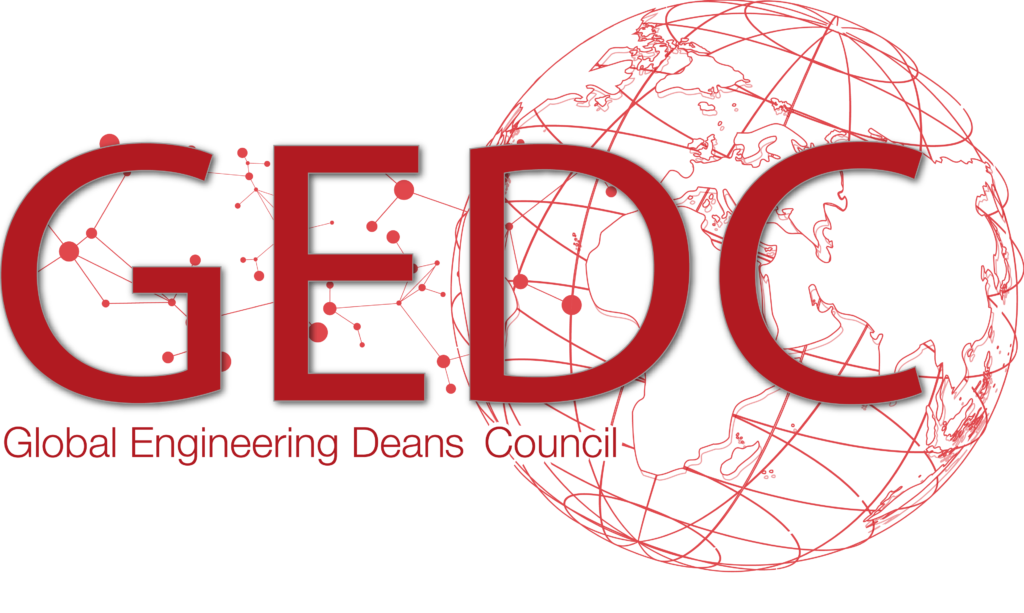The arts and Science of creating high-performing faculty members and retaining them in Indian engineering institutions have become a very essential need to meet the global challenges and fast-growing disruptive technologies.
In this social science-based research, 1021 middle-level faculty members from various types of engineering colleges in the Southern region of India have been purposely selected to identify various obstacles that they faced in planning interdisciplinary graduate, postgraduate, and interdisciplinary research and development programs, including diverse global faculty members in region-specific programs, bidding for consultancy projects under many international development agencies, and planning international conferences.
Based on the problems identified by them the following development processes have been suggested:
1. Counseling, Coaching, Mentoring, and Rewarding High-Performers;
2. Developing Faculty Members at various Stages of Growth,
3. Priority Decisions based on the Norms, Acts, and Laws;
4. Identifying Critical Success Factors and Acting on them;
5. Establishing Educational Ecosystem;
6. Scaffolding the Best-Performing Faculty Teams to Reach Excellence,
7. Followup of Outstanding Programs,
8. Celebration of Outstanding Programs, and
9. Scaffolding of the Best Performing Faculty Members.
The whole development process has been validated in 10 different engineering colleges and state technical universities. The administrators have expressed their success in developing their faculty members to a large extent.
One of the limitations is the research study was limited to the Southern Region of India. Additional research study an All-India basis have been indicated.










